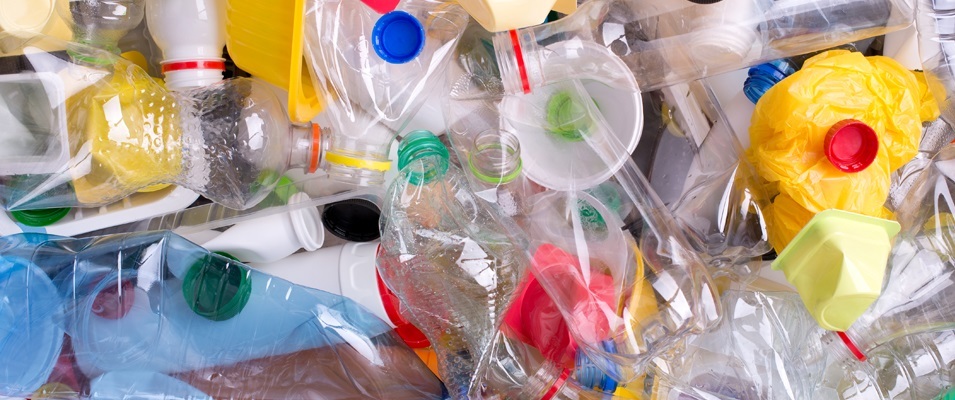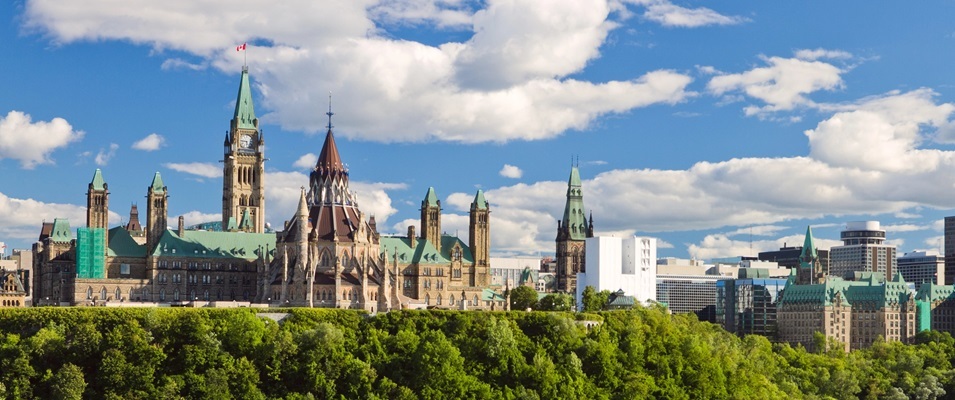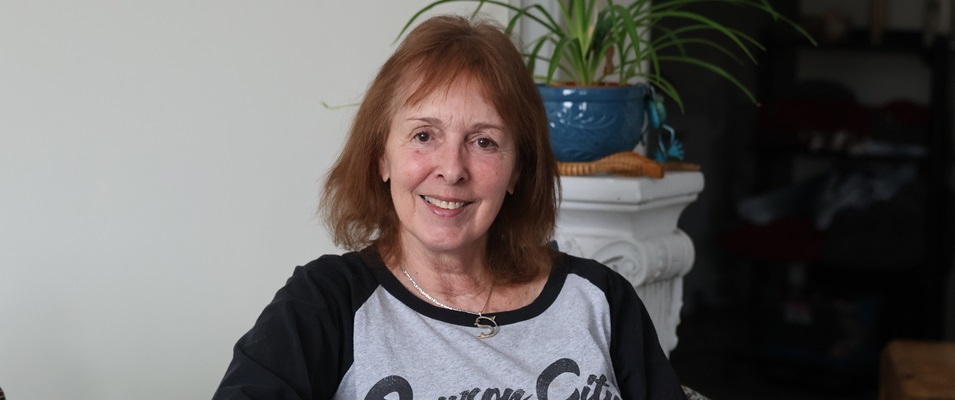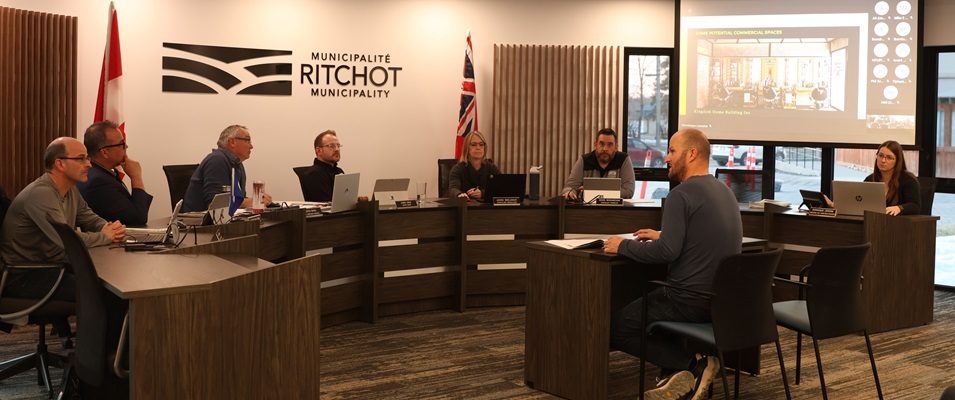
Prime Minister Justin Trudeau’s recent announcement of the federal government’s proposed ban on single-use plastic by the year 2021 came as a welcome surprise to some local leaders.
Ritchot mayor Chris Ewen and Niverville town councillor Chris Wiebe sit on a board of the south quadrant of the Winnipeg Metropolitan Region (WMR). Together with other representatives from the RM of Tache, Roseau River First Nations, and the RM of Morris, the team has been taking a hard look at improving waste management in their areas.
Recently, they submitted a proposal to the Association of Manitoba Municipalities (AMM) in the hope that the AMM will, in turn, make a formal request of the province to eliminate the use of single-use plastic bags across the entire province.
“We, as the WMR, had not been told that anything like this was in the works federally,” says Wiebe. “As a focus group, we had discussed that the only significant way to make a sustainable impact would be for the federal government to legislate such a policy.”
Wiebe says most plastic bags make their way into rural communities from Winnipeg and other larger centres and yet disposal becomes a rural problem.
As a world traveller, Wiebe has seen the need for similar legislation around the globe.
“The move to eliminate plastic from our environment is a worldwide problem,” Wiebe says. “I have seen firsthand some of the effects of plastic that has not been disposed of properly. On one of my travels, I witnessed plastic bags in tree lines that resembled snowbanks for miles and miles and the burning of plastics on street boulevards because they didn’t have proper disposal methods. Canada generally has good landfills and collection, coupled with some recycling, [but we’re still] a long way from being [good] stewards of our environment.”
Ewen, too, recognizes the need to challenge ourselves to make a difference on a local level.
“It is an absolute must to reduce our carbon footprint in any way possible,” Ewen says. “This will not only create a policy, it will create a movement, which is something our generation needs to get behind.”
But the federal government’s proposal, if they follow through, will eliminate more than just plastic bags. The list of items under current consideration are straws, cotton swabs, drink stirrers, plates, cutlery, and balloon sticks.
Also possibly on the chopping block are items made from expanded polystyrene, such as takeout food containers and cups. Bags to be removed are those containing oxo-degradable plastics, which include additives that don’t fully biodegrade and remain a bane on the environment indefinitely.
The federal government’s list follows the model created by the European Union, which voted in March to ban plastic items for which alternatives exist. Trudeau also intends to make the manufacturers and retailers of plastic products accountable for creating recycling solutions for their products.
“Our approach, including determining which products fall under the ban, will be grounded in scientific evidence and closely mirror the actions being taken by the European Union and like-minded countries,” Trudeau said in a press release.1
John Schmitke of Niverville Bigway is taking the new proposed legislation in stride. As a grocer, he sees most of his food products arriving pre-packaged in single-use plastic materials. He says it will take a lot of creativity on the wholesalers’ end to find better alternatives since, in many cases, plastic is the easiest and most affordable solution to packaging.
“A solution will present itself and it will be better for the environment than single-use plastic,” Schmitke says.
He adds that, whatever our belief system, recycling and eliminating many plastics is just the prudent thing to do.
According to a 2019 study produced by consulting firms Deloitte and ChemInfo Services, it was found that only nine percent of plastic waste was recycled in Canada in 2016. The majority, 87 percent, ended up in landfills.
Environment and Climate Change Canada says that Canadians throw away more than 34 million plastic bags every day, and they take as long as a thousand years to fully decompose. This total doesn’t even take into consideration the full effect of all single-use plastic products on our environment.
“One of the things I have noticed over the past few years is the increase of littering, and a lot of that litter is plastic,” Wiebe says. “That plastic will still be there for my grandkids to deal with if we don’t get a handle on this issue. As a result, I have been more concerned of my daily use of plastic and recycling.”
Ewen, too, says that his response has been to pay more than just lip service to the issue.
“I can say that, as an avid believer in limiting single-use plastic, our household has eliminated any bottle water purchases,” says Ewen. “We have reusable shopping bags and use the plastic bags that have been left over from others [giving] gifts to us on a reuse-cycle until they can no longer be reused.”


















